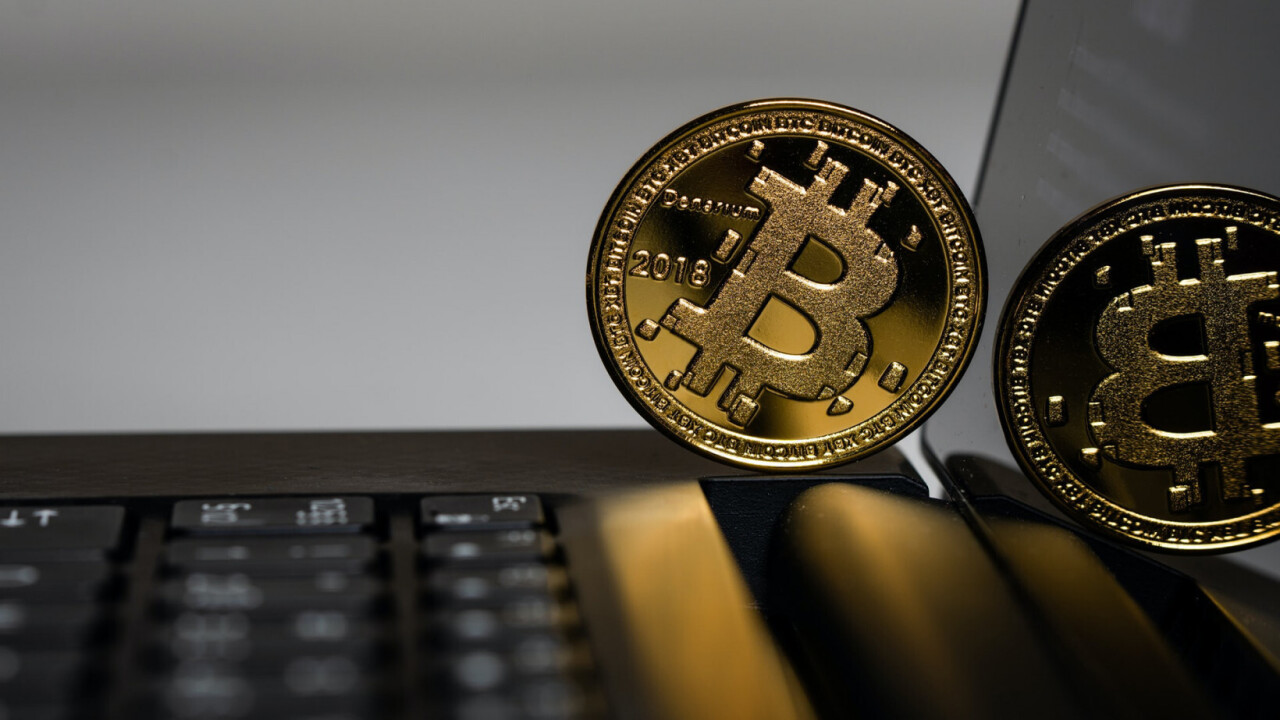
The reputation of bitcoin is mixed around the world. Majority of nations permit and tolerate cryptocurrency ownership and use, while a relatively small number outlaw it.
One Latin American country has just become the first to formally adopt cryptocurrency as a legal tender, and more are expected to follow suit. As a result of this, bitcoin’s reputation on the global stage has dramatically changed.
Owners of bitcoin can make payments and receive funds securely and quickly thanks to the blockchain ledger. Clearly, El Salvador has a need for quick funds transfers. The economy of El Salvador depends heavily on remittances sent home by citizens working overseas, as is the case in many other countries. In 2019, remittances accounted for more than 20% of GDP.
Western Union or other money transfer companies are presently responsible for sending remittances, and they are heavily regulated and centralized. Transferring funds can be complicated, requiring the sender and receiver to attend an agent’s office in person and provide proof of their identity.
Cryptocurrencies, such as bitcoin, on the other hand, allow anyone with a mobile phone to send or receive funds no matter where they are. The cryptocurrency is managed by a software app called a “wallet”. An open-source Bitcon wallet like this is stored on a mobile device and protected by a password or biometric feature such as a fingerprint.
Using the internet, bitcoin recipients are able to access their funds. There are several ways to exchange cryptocurrency for cash after bitcoin has been received.
Legalizing cryptocurrencies
By accepting bitcoin as legal tender, El Salvador is taking a step beyond the relatively easy and quick transfer of bitcoin. It can be used to purchase goods and services directly, just as the US dollar is in El Salvador. The use of bitcoin as legal tender has since been urged by other Latin American politicians and this has definitely increased the Bitcoin value on the higher side.
Seventy percent of El Salvador’s citizens do not have a bank account. Saving and accumulating wealth are enormous challenges for the unbanked.
Saving is discouraged for at least two reasons by those without a bank account. One is the risk of holding cash. Bitcoin wallets, on the other hand, secure savings with a password or PIN, allowing for the regular saving of small amounts over time. In addition, savers receive interest on their savings.
However, some companies allow holders of bitcoins to receive interest on their currency. Bitcoin holders are therefore able to use the services of a bank without opening a bank account. It’s likely that Latin American countries have a similar desire to help the unbanked, but bitcoin’s ability to swiftly send and receive payments is also an attractive feature.
Possible Negative aspects
There are a number of drawbacks to using bitcoin as legal tender. As of this writing, the cryptocurrency has declined roughly 50% from the peak of $65,000 in April 2021.
A second concern is the prevalence of so-called whales, or those who control wallets with large amounts of bitcoin. Approximately 2,000 wallets contain more than 1,000 bitcoins each. It isn’t known who controls these wallets, but if several whales decide to sell bitcoin, the price could plunge drastically.
Moreover, many analysts predict that bitcoin’s price will rise over time, as acceptance and demand increase while supply decreases. A Salvadorian who acquires and holds bitcoin at an early date may become incredibly rich, perhaps even fabulously wealthy, even if even the most conservative price forecasts are true. Those who purchased bitcoin before 2010 when it cost less than one dollar have already experienced this.
Finally, bitcoin’s environmental impact is becoming a major concern. Although it is unclear how this issue will be resolved, it should be considered as part of the decision to make bitcoin legal tender.
But despite all these risks associated with Bitcoin, the investors are increasing daily. And which is why we assume that for the next ten years at least, Bitcoin will not go anywhere and will have a quicker growth rate in comparison to its last ten years.





More Stories
Rest Easy Again: How EcoForce’s Heat Treatments Rescue Your Sleep from BedBugs
The Role Of Lightweight Maintenance Enclosure In Emergency Response
Everything You Need To Know About Domain Name Cost